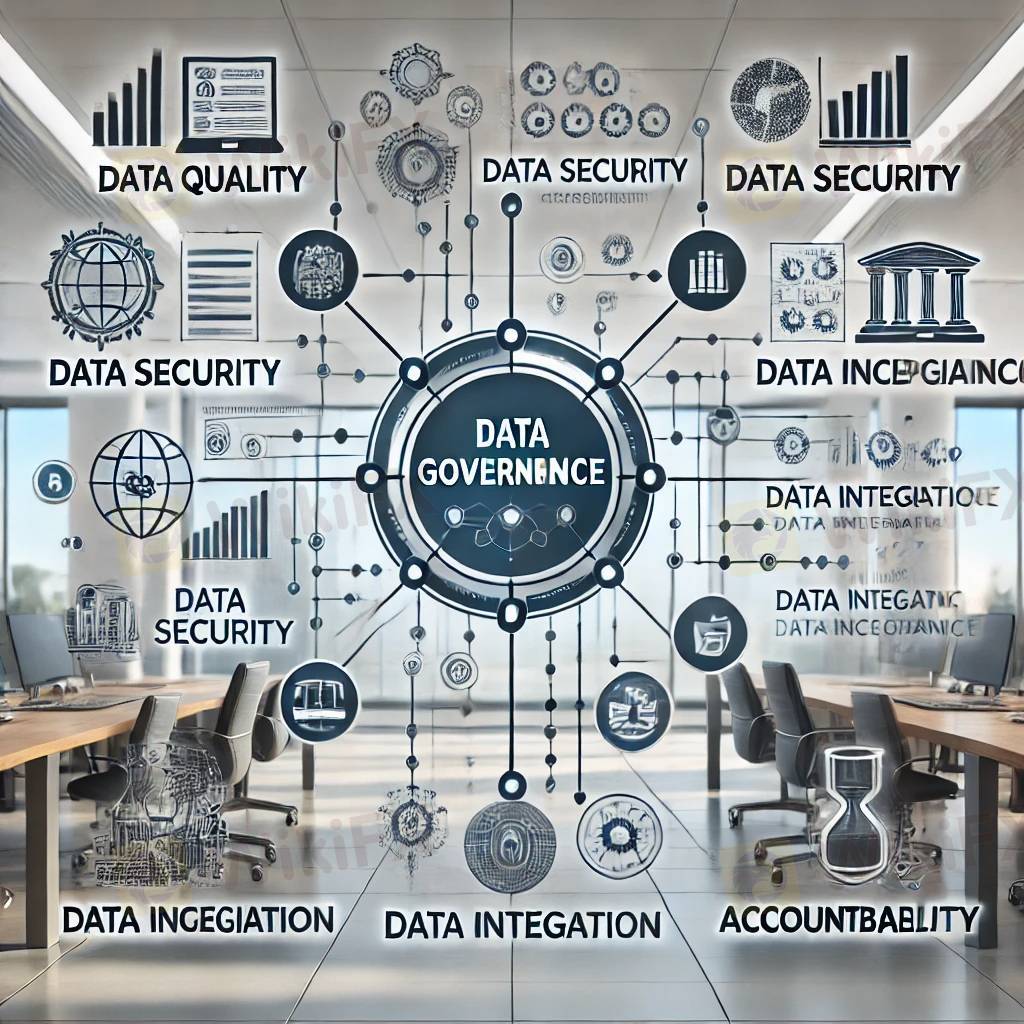
2025-02-14 20:16
IndustryThe primary purpose of data governance
#firstdealofthenewyearastylz#
The primary purpose of data governance is to ensure that data is accurate, consistent, secure, and used effectively within an organization. It establishes policies, procedures, and responsibilities for managing data assets, ensuring compliance with regulations, improving data quality, and enabling better decision-making.
Key objectives of data governance include:
1. Data Quality – Ensuring data is accurate, complete, and reliable.
2. Data Security – Protecting data from breaches and unauthorized access.
3. Compliance – Adhering to legal and regulatory requirements (e.g., GDPR, HIPAA).
4. Data Integration – Standardizing data across different systems and departments.
5. Accountability – Defining roles and responsibilities for data stewardship.
Like 0

Odhunola
Broker
Hot content
Industry
Event-A comment a day,Keep rewards worthy up to$27
Industry
Nigeria Event Giveaway-Win₦5000 Mobilephone Credit
Industry
Nigeria Event Giveaway-Win ₦2500 MobilePhoneCredit
Industry
South Africa Event-Come&Win 240ZAR Phone Credit
Industry
Nigeria Event-Discuss Forex&Win2500NGN PhoneCredit
Industry
[Nigeria Event]Discuss&win 2500 Naira Phone Credit
Forum category

Platform

Exhibition

Agent

Recruitment

EA

Industry

Market

Index
The primary purpose of data governance
 Hong Kong | 2025-02-14 20:16
Hong Kong | 2025-02-14 20:16#firstdealofthenewyearastylz#
The primary purpose of data governance is to ensure that data is accurate, consistent, secure, and used effectively within an organization. It establishes policies, procedures, and responsibilities for managing data assets, ensuring compliance with regulations, improving data quality, and enabling better decision-making.
Key objectives of data governance include:
1. Data Quality – Ensuring data is accurate, complete, and reliable.
2. Data Security – Protecting data from breaches and unauthorized access.
3. Compliance – Adhering to legal and regulatory requirements (e.g., GDPR, HIPAA).
4. Data Integration – Standardizing data across different systems and departments.
5. Accountability – Defining roles and responsibilities for data stewardship.
Like 0
I want to comment, too
Submit
0Comments

There is no comment yet. Make the first one.

Submit
There is no comment yet. Make the first one.